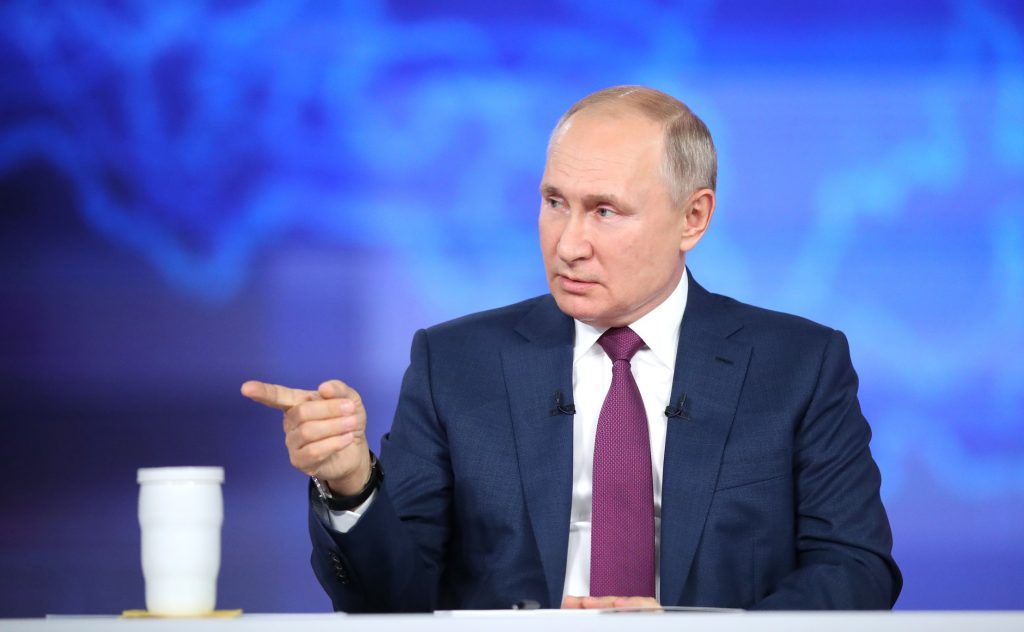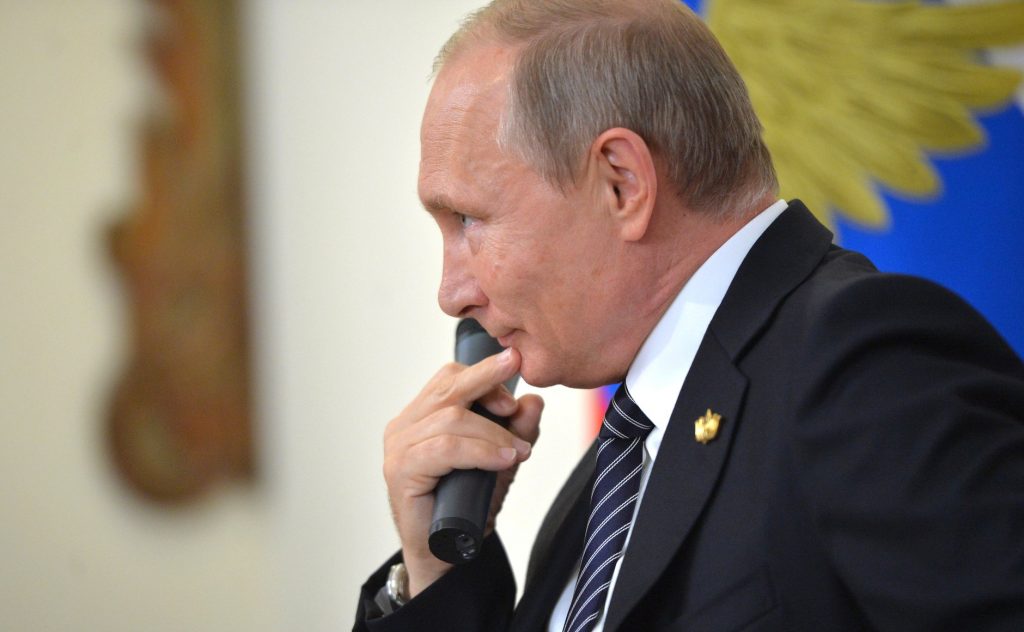During his annual speech to mark Victory Day in Moscow, Vladimir Putin emphasized the significance of the soldiers fighting in Ukraine for Russia’s future.
He stated that nothing was more critical than their combat effort. Due to security concerns, the military parade commemorating the Soviet victory over Nazi Germany was scaled back this year.
In addition to justifying his invasion of Ukraine, Putin also accused “Western globalist elites” of inciting conflicts. He addressed the officials and veterans gathered in Moscow’s Red Square, as the event was not open to the public, emphasizing that civilization is at a crucial turning point.
During his speech, Putin addressed the troops fighting in Ukraine, some of whom were in attendance. He declared that a “real war” had been initiated against Russia, despite the fact that it was Russia that invaded Ukraine.
He emphasized the importance of the soldiers’ actions, stating that the security and future of Russia’s statehood and people were dependent on them. This marked the second Victory Day parade since Russia’s complete invasion of Ukraine in February 2022.

However, due to a string of explosions and incidents of sabotage throughout Russia in recent weeks, the celebrations were reduced in size out of concern for security.
Last week, an alleged drone attack on the Kremlin was reported, with Russia claiming that it was an attempt on Putin’s life. Russia accused Ukraine and the US of being responsible, but both countries denied any involvement.
As a result of the recent security concerns, this year’s celebration had fewer soldiers and less military equipment on display, with a reduction of 3,000 soldiers. The parade was also shorter and lacked a military fly-past, as well as modern tanks that are typically showcased. The only tank on display was the T-34 from World War Two.
Nonetheless, a few international leaders attended for the first time since 2020.
At the event, all the Central Asian leaders were present, including Kassym-Jomart Tokayev from Kazakhstan, Alexander Lukashenko from Belarus, and the Prime Minister of Armenia.
According to the US-based Institute for the Study of War (ISW), the last-minute attendance of the Central Asian leaders “probably suggests their reluctance to demonstrate open and direct support for the war.”
In a similar vein to his speech last year, Putin drew comparisons between the conflict with Ukraine’s “criminal regime” and the victory over Nazi Germany. He directed criticism at the West, claiming that their aim was to see Russia’s downfall.
While stating that Russia sought a “peaceful future,” Putin accused Western elites of promoting “hatred and Russophobia” and undermining traditional family values. However, the majority of his speech centered on his admiration for the actions of Russian “heroes” in Ukraine.
As the Russian national anthem began to play, Putin concluded his speech by stating, “To Russia, to our armed forces.” He has been accused of war crimes in Ukraine by the International Criminal Court (ICC), yet he expressed a strong affinity for the Russian military, stating that there was no cause stronger than the love for the country’s armed forces.

Following Putin’s speech, Ukrainian President Volodymyr Zelensky and EU Commission chief Ursula von der Leyen held a news conference in Kyiv. Zelensky noted that the recent surge in attacks on Ukraine was part of Russia’s attempt to “show something” to its military and political leadership. He added that Russia had failed to capture the eastern city of Bakhmut before Victory Day.
During the news conference, President Zelensky suggested that the recent uptick in attacks on Ukraine was intended to give the impression that Russia had accomplished something significant. Von der Leyen expressed her belief that Russia had “dramatically failed” in the conflict, and that the invaders were individuals who had been pulled out of prisons to fight on behalf of Russia.
In response to Putin’s speech, German Chancellor Olaf Scholz urged the European Union not to be cowed by the Russian leader’s “display of power”. Scholz called on the EU to remain resolute in its support for Ukraine, adding that it was critical to continue supporting the country as long as it was necessary.
SOURCE: BBC


